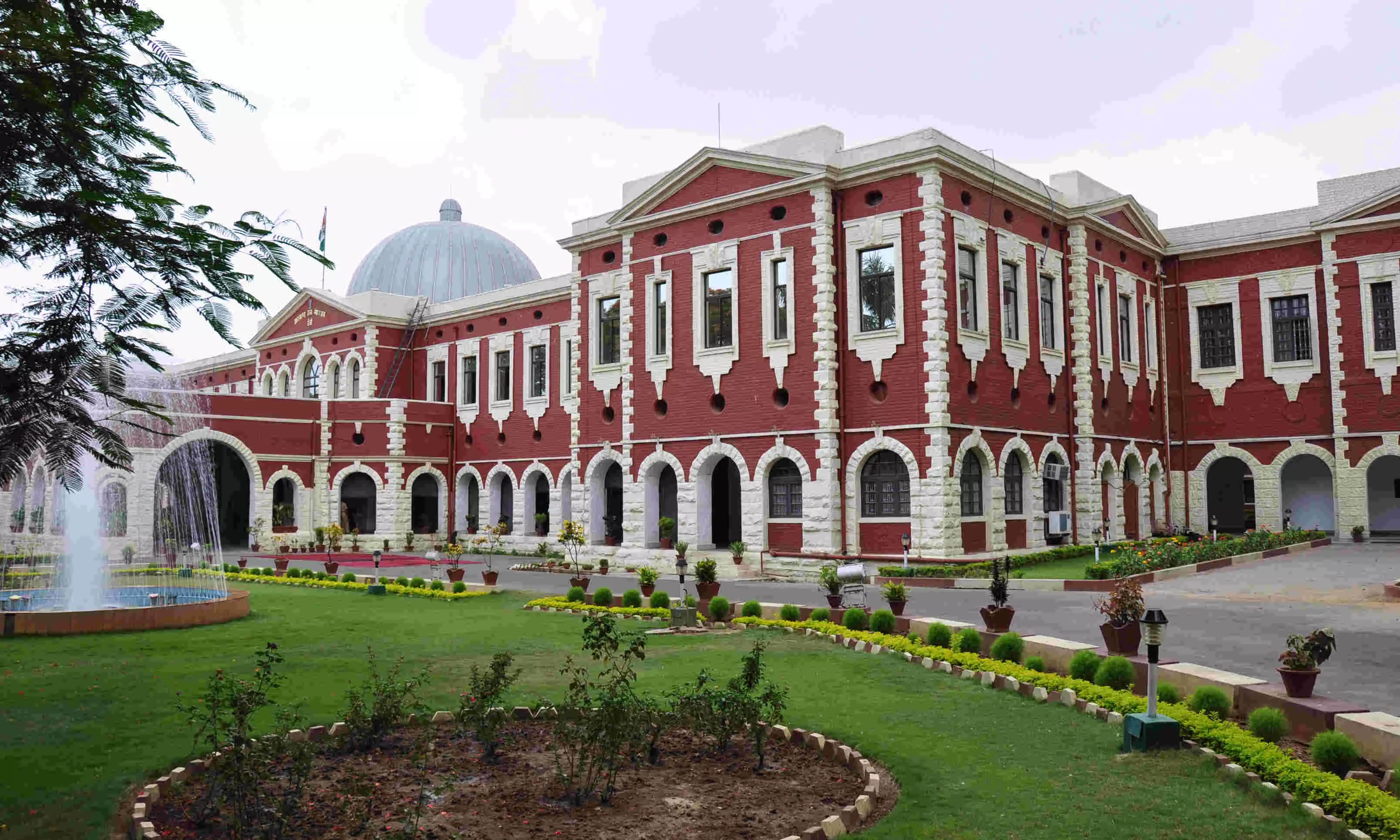
No Evidence To Suggest That Force Applied Or Deceitful Means Adopted: Jharkhand HC Acquits Man Accused In Abduction Case
 |
|The Jharkhand High Court acquitted an accused stating that the prosecution had failed to prove that there was any deceitful mean or inducement by him, which forced or compelled the deceased to move from one place to another.
The Court held that the basic ingredients of the definition of ‘abduction’ under Section 362 of the IPC were not attracted since there was no evidence to suggest that force was applied or deceitful means were adopted.
The Court stated, “When the basic ingredients are not attracted, an accused cannot be convicted of offence under Section 364 of the Indian Penal Code.”
A Division Bench of Justice Ananda Sen and Justice Subhash Chand observed, “From the definition of the word “abduction” in Section 362 of the Indian Penal Code it is clear that there has to be an element of force, compulsion or deceitful means or any inducement, which would directly or indirectly force a person to go with the abductors. Thus, if any force is applied upon a person or a deceitful mean is resorted to, which compels a person to go from any place to another, it will be termed as abduction”
Advocate Indrajit Sinha represented the appellant, while Spl.P.P. Pankaj Kumar appeared for the respondents.
The Court held, “Considering what has been discussed above, we find that basic ingredients of “kidnapping” and “abduction” are missing in this case. When the basic ingredients and components are missing, there cannot be conviction under Section 364 of the Indian Penal Code. The Trial Court, thus, has wrongly convicted the appellant under Section 364 of the Indian Penal Code in absence of the basic ingredients.”
The appellant challenged the conviction for the offence under Section 364 of the IPC arguing that the basic ingredients of ‘kidnapping’ or ‘abduction’ were missing from this case. He was also being tried for a murder case in the connected matter in the State of West Bengal.
The State had submitted that two witnesses had testified that they had seen the appellant in the company of the deceased, and later on, the dead body was found in the State of West Bengal, for which a case under Section 302 of the IPC was initiated.
“It is quite clear that there has to be an element of kidnapping or abduction of any person to attract Section 364 Indian Penal Code,” the Court remarked.
The Court explained that in order to come within the definition of abduction, the prosecution has to prove that there was an application of force, which compelled by any deceitful means or inducement the deceased to move from one place to another.
“Further, we do not find from evidence of witnesses that any force was applied by this appellant, which forced the deceased to move from one place to another,” the Court added.
More importantly, the Court pointed out that the investigagting officer in the case in his cross examination testified that none of the witnesses had stated that they had seen the appellant as a passenger in the tempo which was being driven by the deceased. “This statement is thus, fatal for the prosecution,” the Court noted.
Accordingly, the High Court allowed the appeal.
Cause Title: Bapi Namta @ Baapi Namta v. The State of Jharkhand
Appearance:
Appellant: Advocate Indrajit Sinha
Respondent: Spl.P.P. Pankaj Kumar